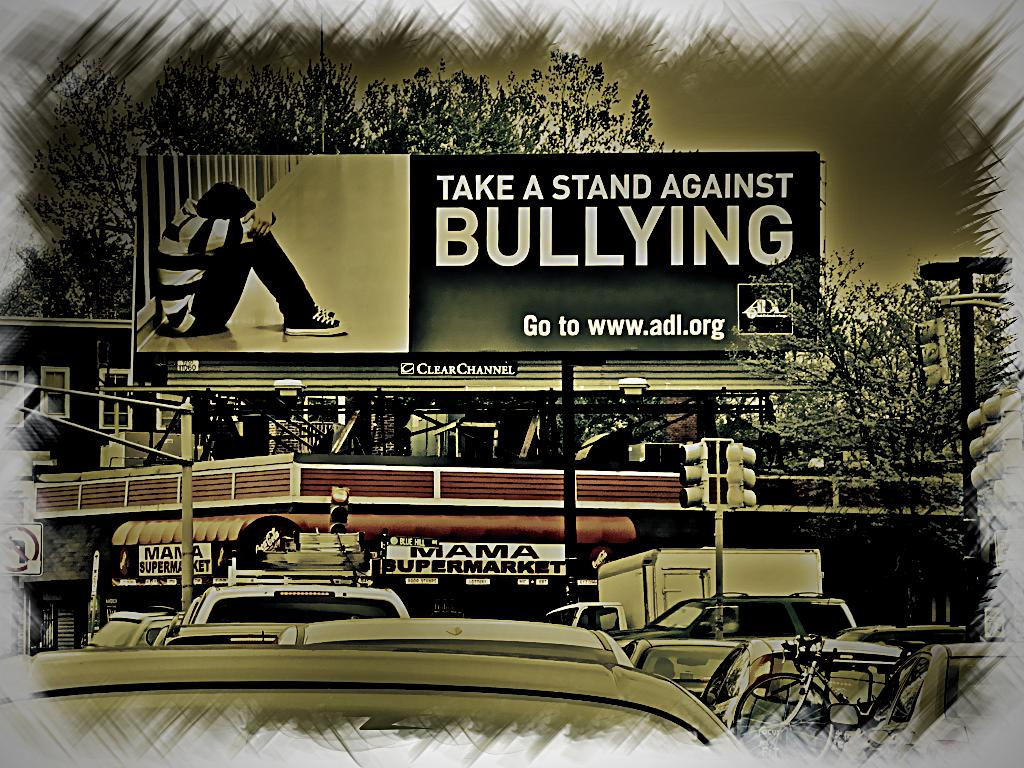The root causes of teen violence are varied, and there is generally no single source of the problem. Teens are influenced by a number of factors as they grow and develop. Researchers are working hard to discover what the main factors are that turns some teens toward violence and what factors keep them nonviolent. As a parent of a violent teen, you may be wondering what part you’ve played in your teen’s anti-social behavior.
The good news is that researchers find that it’s a combination of factors that increase the risk of a teen becoming violent. While parenting styles and home environment do factor in, other things like social conditions, physical and mental conditions of the teen and more play a role. While we discuss parenting styles as a contributing factor to violence in teens, it’s important to not blame yourself, but instead take a good look at your family dynamics and work toward a more positive change for everyone.
There are generally two parenting styles that seem to contribute the most toward teen violence-excessively permissive parenting and punitive parenting. Both extremes don’t do well at teaching children how to handle challenges, solve problems and develop non-violent coping skills.
Permissive parenting is when the parents allow a child to grow up with few rules or boundaries. While many parents believe that this method is a good way to raise children because it creates little conflict, it really does a disservice to the child. When parents either give in to a child’s demands easily to avoid conflict or keep the peace, the child won’t learn valuable lessons about boundaries, compromise or appropriate behavior and does learn how to manipulate and get what they want no matter what.
Punitive parenting is a harsh, rule-bound parenting style that often includes spanking or other physical punishments. Because the boundaries for family rules are so strict, children do not learn problem solving skills or conflict resolution skills this way. In extreme cases, when spanking or other forms of physical punishment are common, children learn that violence is necessary to get what they want.
If you recognize some of your own parenting style in either of these extremes, it may be a contributing factor in why your teenager is violent. Children and teenagers need healthy boundaries, clear consequences and discipline for their actions and parents that they can count on to be consistent, reasonable and supportive as they learn about the world around them.
It’s not too late to make changes to your parenting style or to change the family dynamics. As you seek professional help for your child, consider family therapy to bring members closer together and to discuss how to create a dynamic that is consistent, loving, and healthy. Every family can benefit from therapy and learn new skills on how to deal with each other in a new and improved way, and thereby help their teenage child become less aggressive.
Some Help Your Teen Now Related Articles
- What Are The Signs Of Troubled Teen Violence
- What Causes Violence In Teens?
- Creating Healthy Relationships, Combating Teen Dating Violence
- Doing Your Part For Teen Dating Violence Awareness Month
- I’m Worried My Teen May Be In A Violent Relationship
- Parenting Focused On Preventing Teen Violence
- The Hard Facts On Troubled Teen Violence
- Treatment For Violent Teens










0 Comments